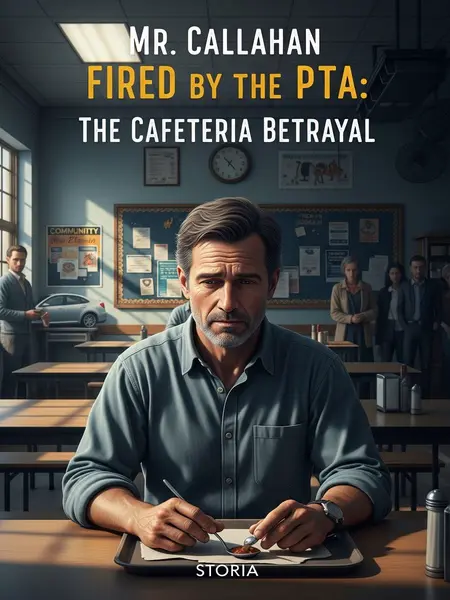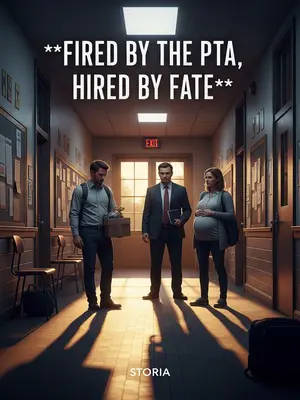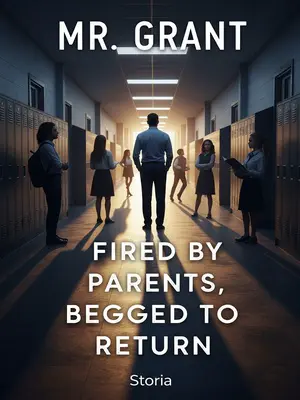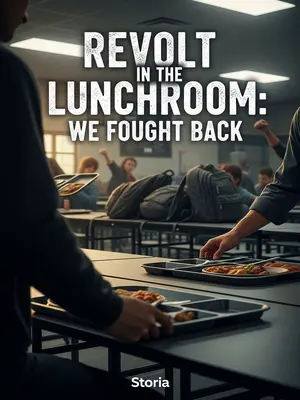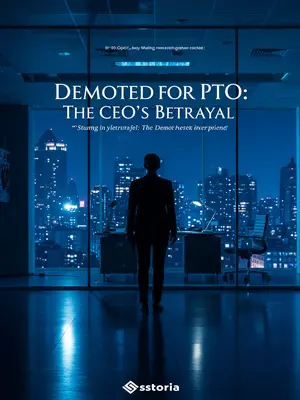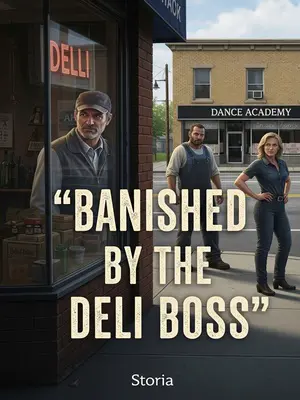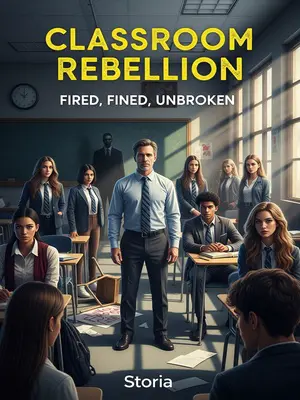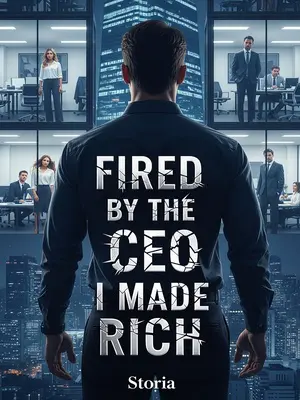Chapter 1: The Cost of Feeding Kids
I took over the school cafeteria, sweating over spreadsheets and simmering saucepans, determined to serve every kid a hot meal they could actually afford. My hair would stick to my forehead from the steam, and my shirt was always dotted with sauce stains by noon. But that didn’t stop the rumors from flying.
Funny how the harder I worked to keep costs down, the more I became the villain. I’d stand behind the serving line, hearing the whispers at pickup and feeling the pointed stares at open house. In a town like ours, stories spread faster than wildfire, and it was always my name on their lips for all the wrong reasons.
The truth? I wasn’t making a dime most months. I’d lie awake, staring at the ceiling, wondering if I could pay the next Sysco bill or if the ancient freezer would finally give out. Sometimes a kid would hand me a crumpled thank-you note, and that was all that kept me going. But none of it mattered to the crowd outside the school gates. To them, I was getting rich while their kids ate pizza sticks.
"Snake oil salesman, snake oil salesman—always a hustle, right? Even when it’s just feeding kids." The chant followed me everywhere, like a bad jingle. The PTA meetings, Facebook groups, even whispers at Kroger: nobody gets ahead in this town without playing dirty. And me? I’d become Public Enemy #1.
"You know how tight things are for families around here, right? Don’t you ever feel bad charging us so much?" a mom would say, arms folded, voice trembling with frustration.
That kind of talk cuts deep, especially when it comes from folks you see waving at Friday night football games or standing behind you in the checkout line at Kroger. Sometimes I’d stand at the cafeteria window, watching parents hug their kids goodbye, and want to shout: do you know how hard I’m working to keep your children safe and fed? But that’s not how it works. You just swallow it, grit your teeth, and keep going.
"If it were me, I could cut costs by at least 50%. The students’ meal fees could be lowered from eight hundred a month to just four hundred."
There’s always that one parent, arms crossed, swearing up and down they could do it better. I’d hear it at every open house, every time the lunch menu went home. Miracles in the kitchen, all talk.
Principal Williams, who’d worked with me for years, kept quiet. He’d never stand up for me, but never threw me under the bus either. Still, his silence when things got heated spoke volumes. When push came to shove, I was on my own.
"Fine. Then you do it."
I didn’t argue. I just handed the business over to him on the spot. There are days you hit your breaking point. I hesitated, glancing back at the kitchen—my staff’s laughter echoing from the back, the smell of cinnamon rolls still hanging in the air—then pushed the ledger across his desk, slid the keys over, and walked out. My hands shook, but my conscience was clean.
Sure enough, three months later, Principal Williams came begging: "Mr. Callahan, for heaven’s sake, the new contractor actually used spoiled meat—rotten meat!—just to cut costs! Now the school can’t even operate. Please come back, I’m begging you!"
There’s a bitter satisfaction in being proven right—until you realize the kids are the ones suffering. When he called, I could hear the chaos behind his voice: kids refusing to eat, teachers whispering, cafeteria ladies scrambling. He was desperate. Humbled.
"The reason our school could attract so many students before was because the cafeteria food was good, and the quality was guaranteed."
I just smiled—a small, tired smile. You don’t need to say more when the facts speak for themselves. It’s not about pride. It’s about knowing you did the right thing, even if nobody cared until it all went to hell.
"Sorry, I’m not about to jump into that mess again."
Some lessons just aren’t worth repeating. I’d learned mine. I wasn’t cleaning up someone else’s disaster—not this time.
